Camus’ 111th birthday will be November 7th and we’re celebrating with 8 fun facts about the life of this famed author, philosopher, and journalist.
The year was 1913 in Mondovi, French Algeria when Albert Camus made his appearance on November 13th. Born to agricultural workers, money was scarce in the Camus home, but Camus knew what he wanted to be from an early age – an author. He got the opportunity to pursue his dream when he got accepted to the University of Algeria in 1923, however, Camus didn’t stop at author and went on to achieve so much more.
Join us as we celebrate this writer, philosopher, and journalist’s 111th birthday with these 8 facts about his life, accomplishments, and legacy.
TB Diagnosis
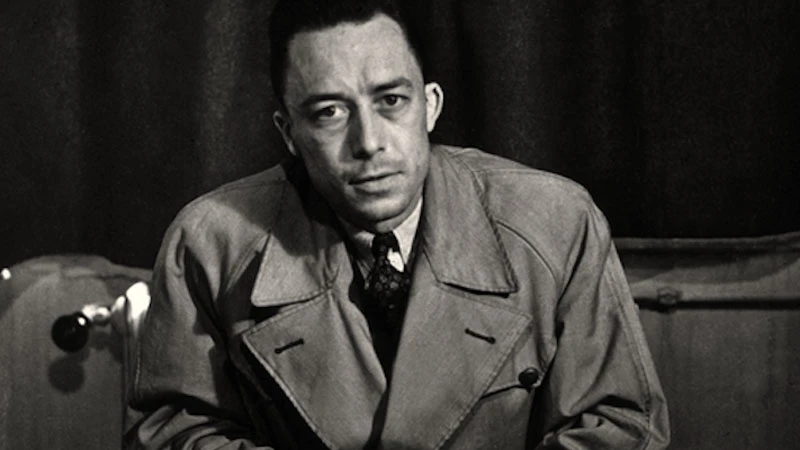
Albert Camus once played football, but not everybody associates him with the sport, and for good reason – he was forced to stop playing due to a tuberculosis diagnosis. At this time he also had to cut his classes and study time in half so he could take up multiple part-time jobs to earn a living.
These jobs included but were not limited to private tutoring, working as a car parts clerk, and being an assistant at the Meteorological Institute. His diagnosis did not stop him from completing his degree in 1935, finishing his thesis, Neo-Platonism and Christian Thought, or obtaining his diploma d’etudes superieures, which is the equivalent to a Master’s degree.
The Stranger Setback
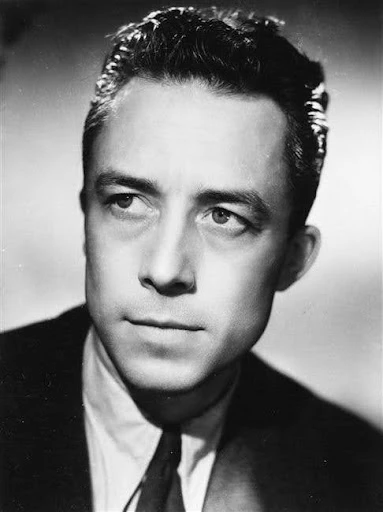
The year was 1941 when publisher Andre Malraux read the manuscript for The Stranger from a brilliant newcomer in the literary world, and while he was totally and completely set on printing it, there was one major problem: there was a paper shortage in German-occupied France. It was such a problem that Malraux at one point asked Camus to send paper from Algeria to get the book on the shelves.
Eventually, the publisher scrounged up enough materials to print 4,000 copies. Throughout the 20th century, 10 million copies were sold, making it the second best-selling French book, second only to The Little Prince.
A Political Stance
While working to become an author, Camus worked as a journalist reporting on the political situation in French Algeria. In 1935 he joined the French Communist Party to fight against the Europeans for Algerian equality, later joining the Algerian Peoples Party until he was expelled for being a Trotskyite in 1937, then finally taking part in the French Anarchist movement and writing for the publication. He continued with a political journalism career for the rest of his life.
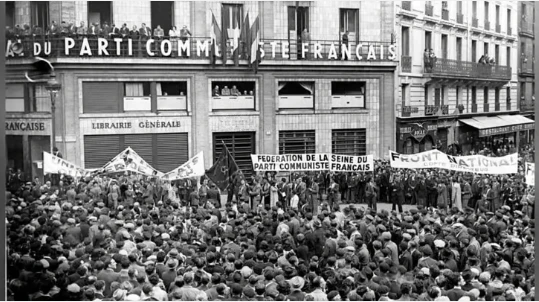
Winner, Winner
Albert Camus was the 2nd youngest winner of the Nobel Prize in Literature, receiving the award at 44 years old. Only Rudyard Kipling won it younger at the age of 42.

A Theater Man
In case you haven’t been keeping track, aside from an array of part-time gigs throughout his college years, Camus worked as an author, and a political journalist and also founded and worked in the theater. He founded the Worker’s Theatre, later named the Team’s Theatre around 1937 which lasted until 1939.
Human Rights
We’ve gathered thus far that Albert Camus donned many hats, and working for UNESCO in an attempt to actively improve human rights was another one of his notable and noble projects. Camus resigned from the UN in 1952 but continued to advocate for human rights through his writing.
Making Philosophy a Thing
Camus’ Tuberculosis returned in 1949 and for the next two years, he became quite the recluse. During this time he published The Rebel, a philosophical analysis of rebellion and revolution. Perhaps his main contribution to the world of philosophy was his introduction to the “idea of the absurd” which, as Camus explained, was the people’s desire for both clarity and meaning in a world that offers neither. Camus would come back to and explore this idea in his writing time and time again.
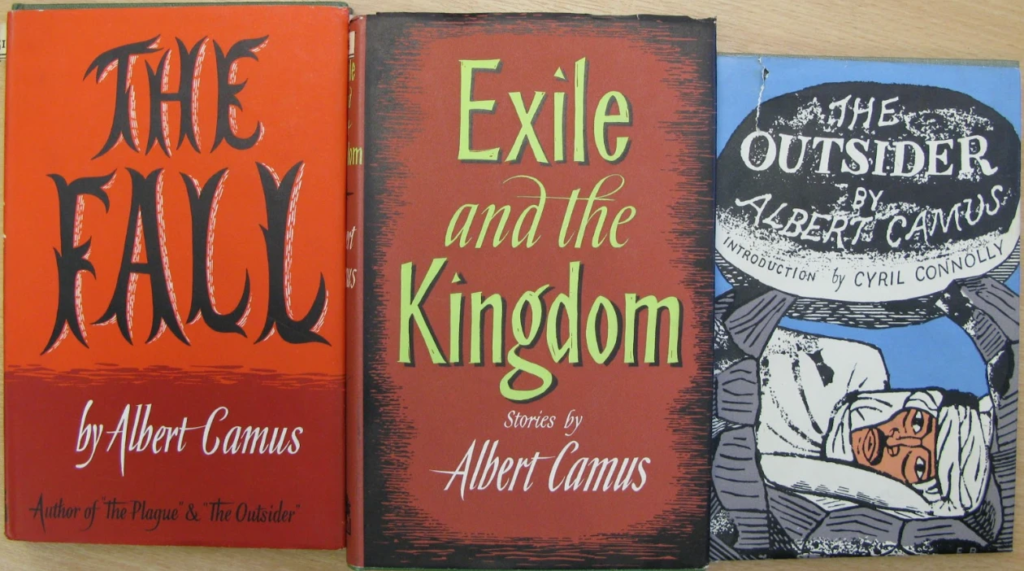
A Freak Tragedy
Albert Camus died tragically in a car crash. While his wife and teenage twins boarded a train to return to Paris after the holidays, Camus opted to travel by car with his friend and publisher Michael Gallimard. Camus died instantly when Gallimard’s car slipped on an icy road, sending the car straight into a tree. In Camus’ pocket police found the train ticket he never used and in the wreckage, 144 pages of a handwritten manuscript entitled The First Man, an unfinished novel based on Camus’ childhood in Algeria, which he predicted would be his finest work.
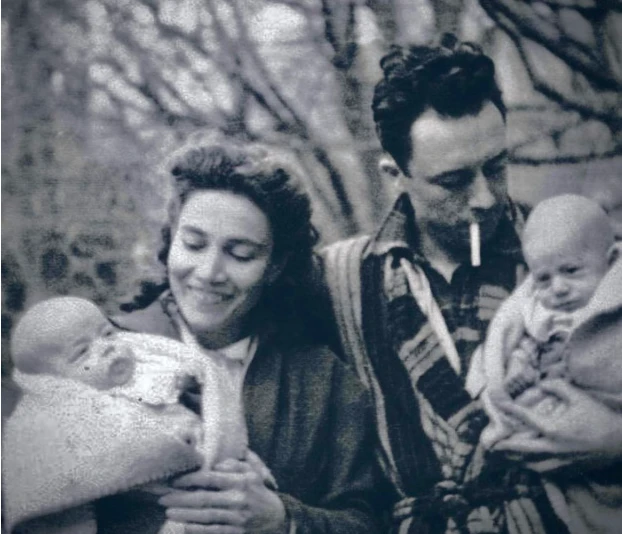
Albert Camus was not only interested in everything but was also tremendously successful in his endeavors. He accomplished so much in his 46 years because limits did not exist in his world. He was an author, an activist, a man of the theater, a Nobel Prize winner, and an advocate and he left behind an admirable body of work that is bound to stand the test of time and inspire generations for years to come.
Join our community of 1.5M readers
Like this story? You'll love our free weekly magazine.








